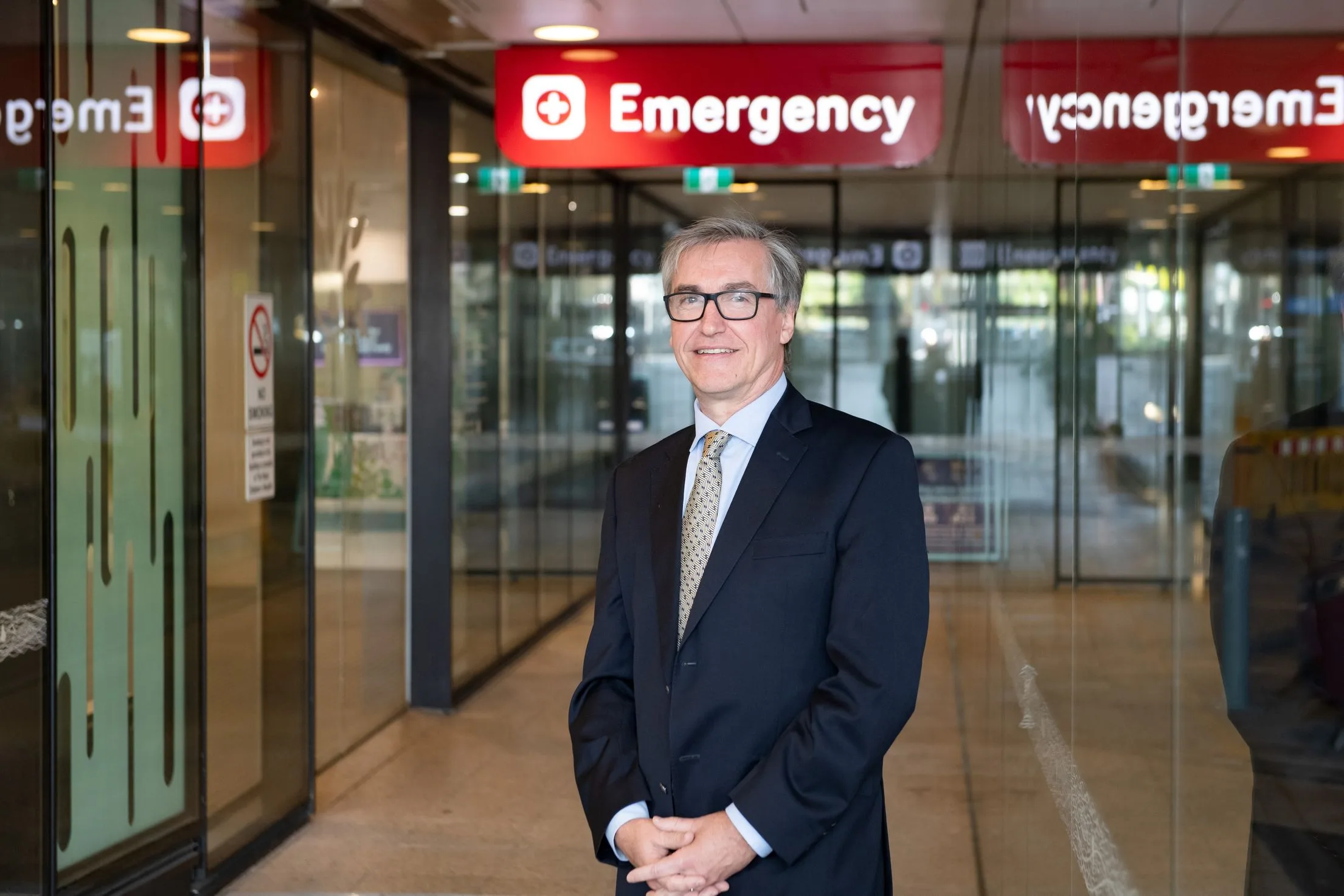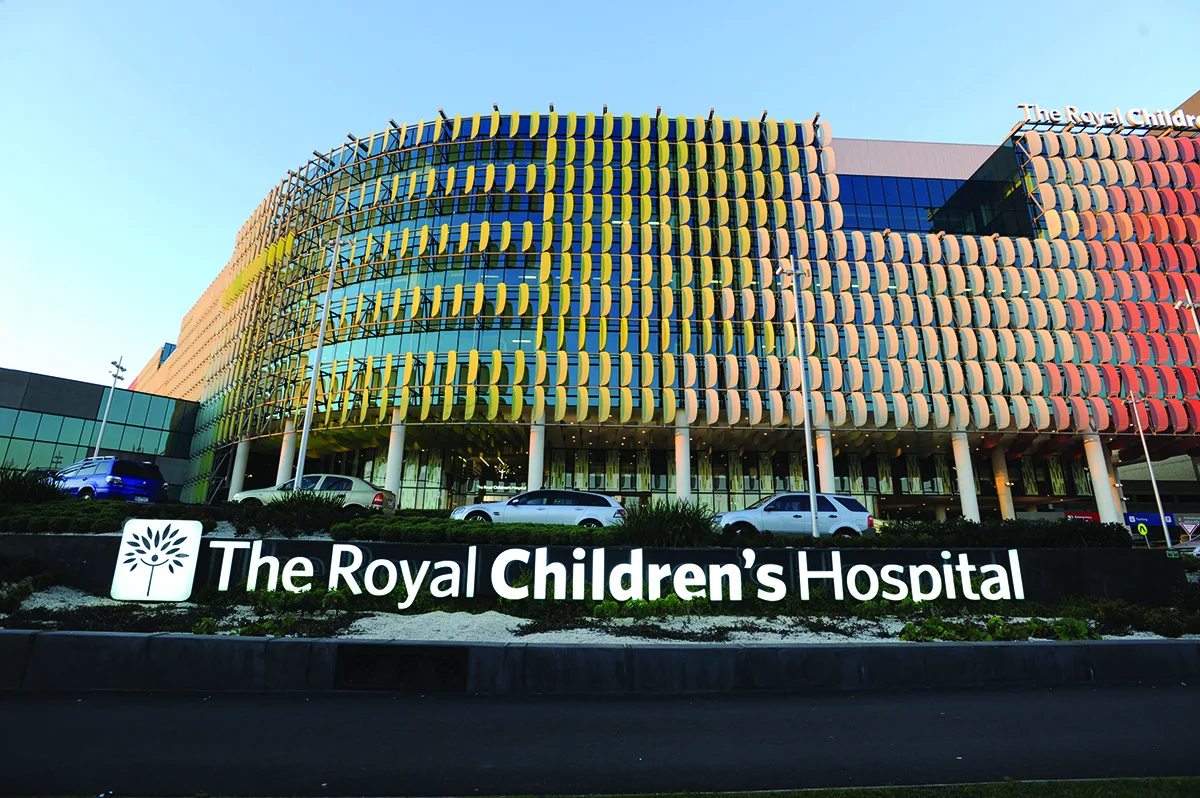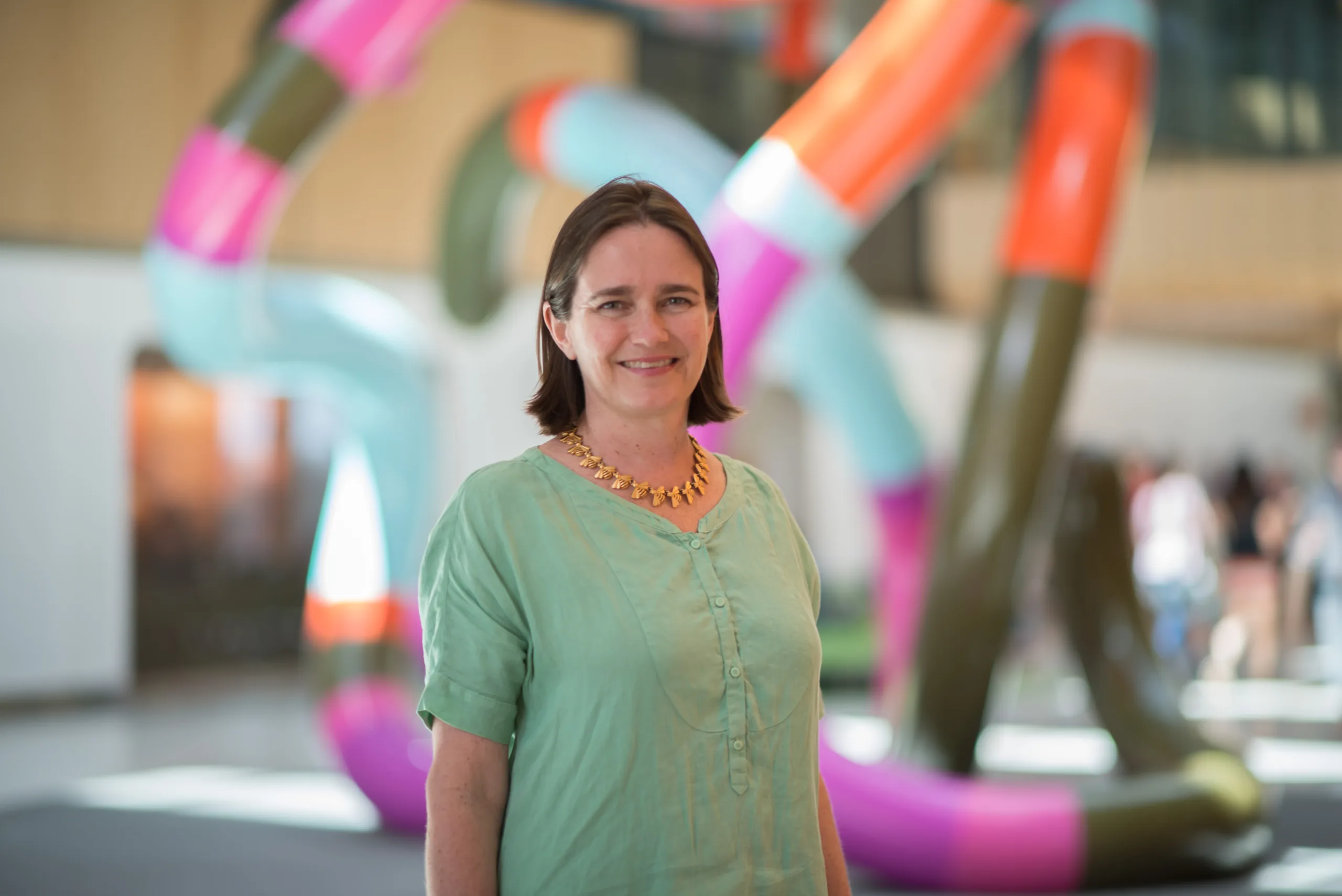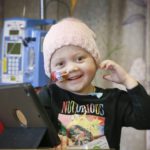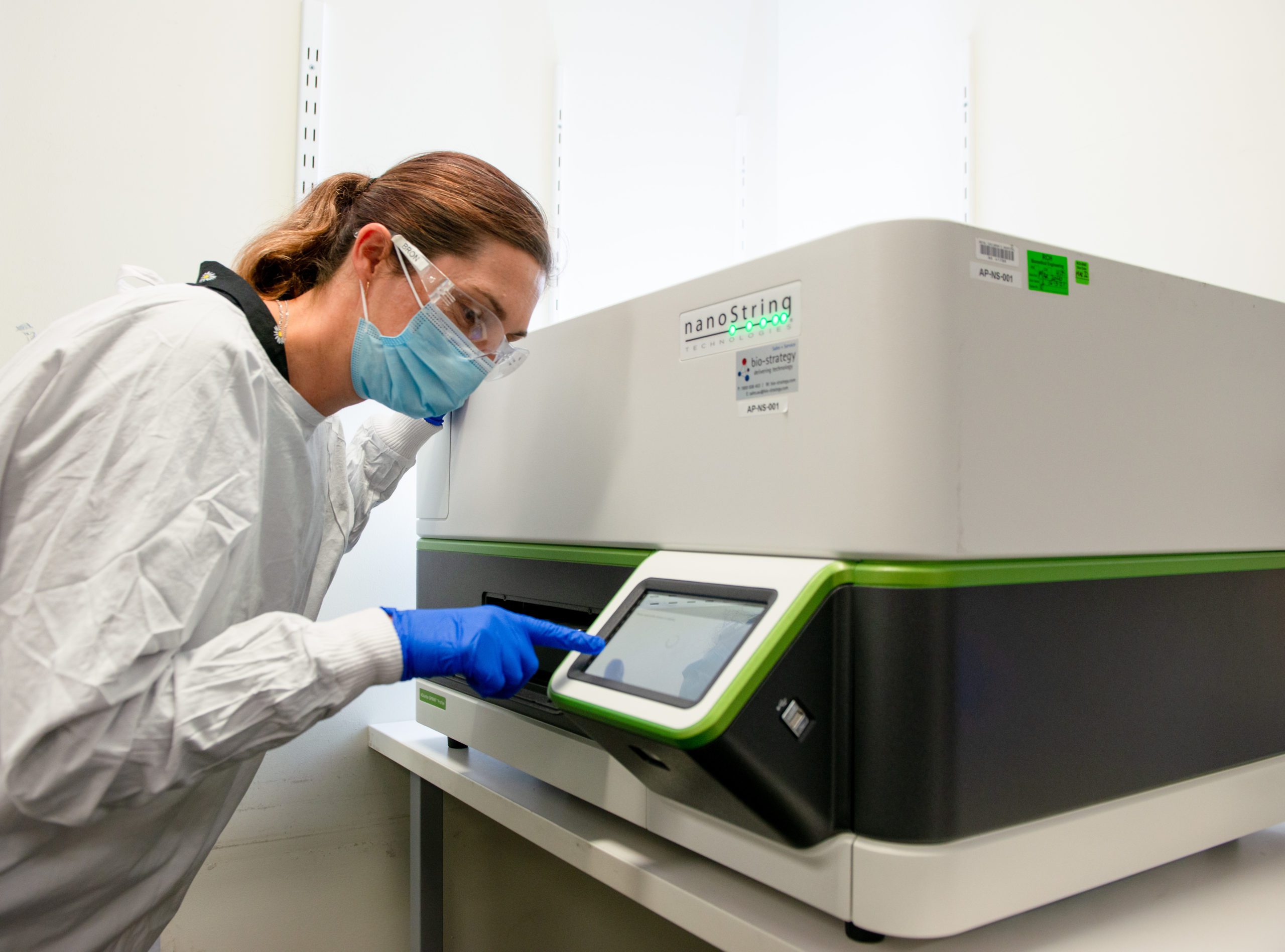
nanoString technology
NanoString technology provides a faster and more accurate pathway to tumour diagnosis, meaning kids receive treatment sooner.
Every year in Australia, around 700 children are diagnosed with cancer. The time and accuracy of this diagnosis is crucial to their ongoing care. Thanks to support from the Good Friday Appeal, The Royal Children’s Hospital (RCH) now has access to nanoString technology to support the rapid identification and diagnosis of these cancers.
While there are nine common types of paediatric cancer, the individual tumour variants for paediatric brain and solid tumours can vary dramatically by their unique genetic alterations and treatment.
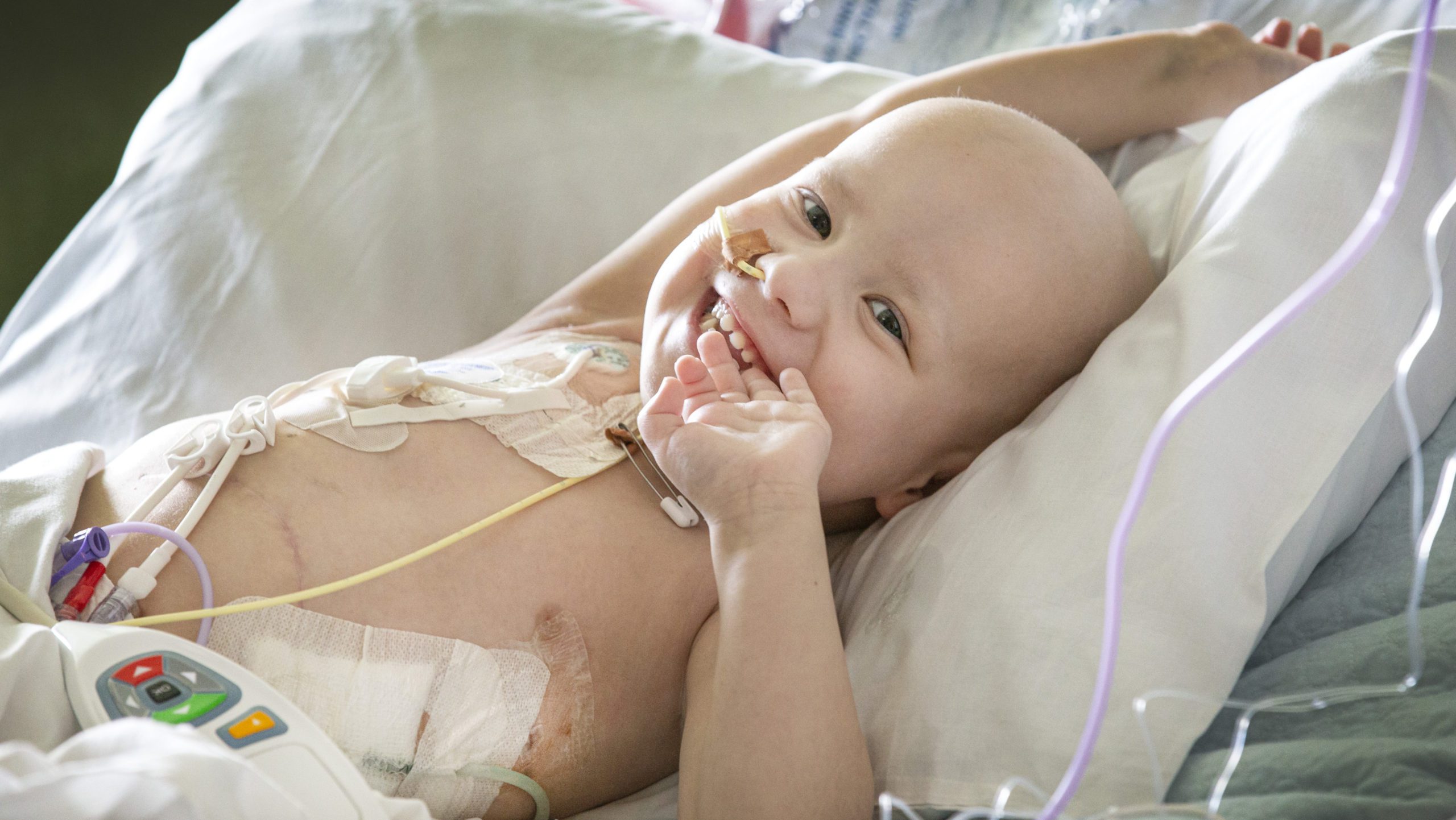
Luckily for patients at the RCH, the hospital is home to an expert team of pathologists who are able to utilise cutting edge technology to molecularly confirm the diagnosis.
“Kids get a very specific group of tumours that you don’t see in adults. While we can begin to narrow down the tumour type via a microscope, we need to complete testing at a molecular level to provide an integrated diagnosis,” said Colleen D’Arcy, Paediatric Pathologist at the RCH.
“The new nanoString technology allows us to test for up to 100 different genetic alterations within a tumour in one assay, which means we can get a diagnosis faster, with minimal amounts of tissue and provide molecular information to guide therapy,” said Dr D’Arcy.
The new nanoString technology works by taking a tissue sample from the patient’s tumour and comparing it against a panel of tumour-specific RNA sequences labelled with coloured ‘barcodes’, in the hopes of finding a diagnostic match.
The ability to screen for multiple tumour-specific RNA sequences at once as part of a panel is a major advancement from the previous process which required pathologists to test for only one genetic alteration at a time.
The new nanoString technology is also much faster than those previously used, cutting down the diagnosis time from weeks to just three days.
The best part is, it’s not just helping patients at the RCH, but also those from across Australia and New Zealand.
“This is a really exciting advancement for not only the RCH, but for children in the Asia Pacific Region. Through the support of Good Friday Appeal funding, the nanoString technology will enable our team of pathologists to test up to 24 tumour samples from other paediatric hospitals in the region every week,” said Bronwyn Christiansen, Principal Scientist, Anatomical Pathology, Laboratory Services.
Thanks to support from the Good Friday Appeal, nanoString technology is providing faster pathways to diagnosis, which means patients can receive the best care possible, and enrol in dedicated clinical trials, giving them the greatest chance of successfully fighting their cancer.

